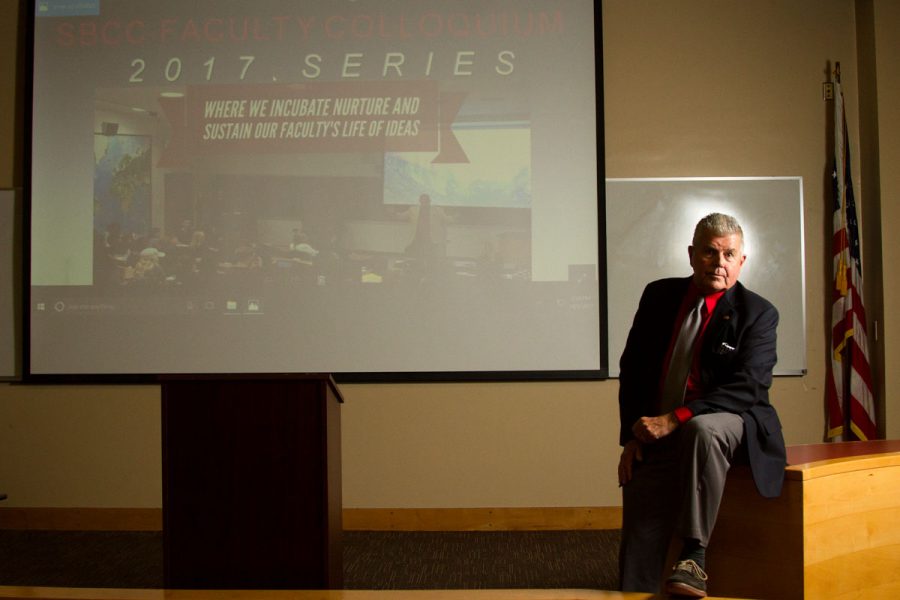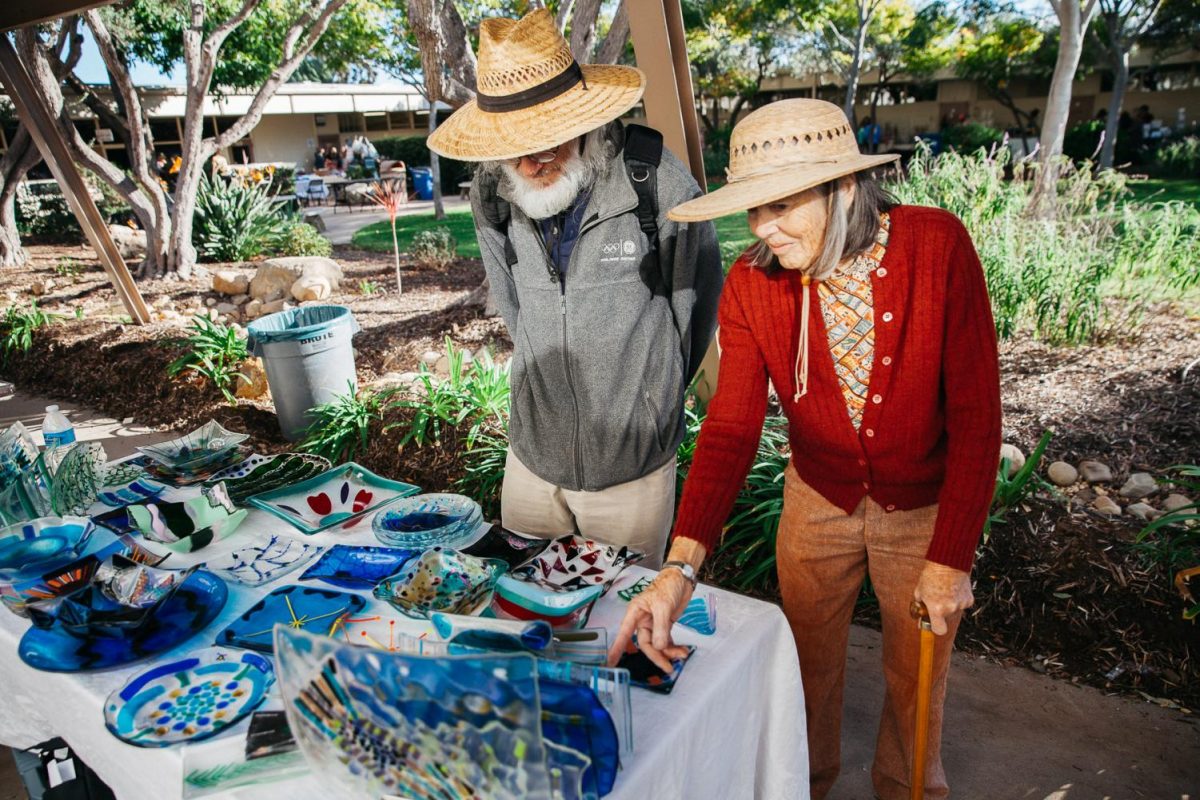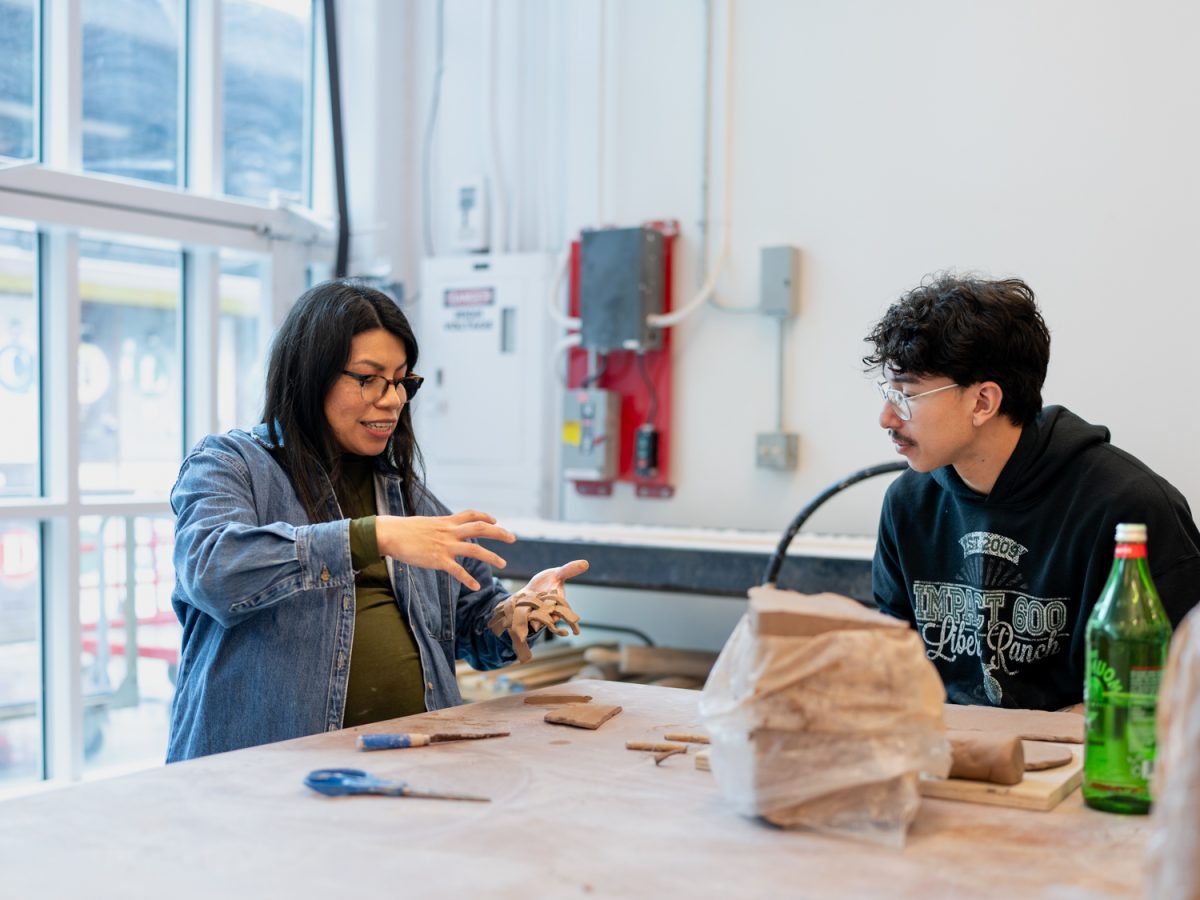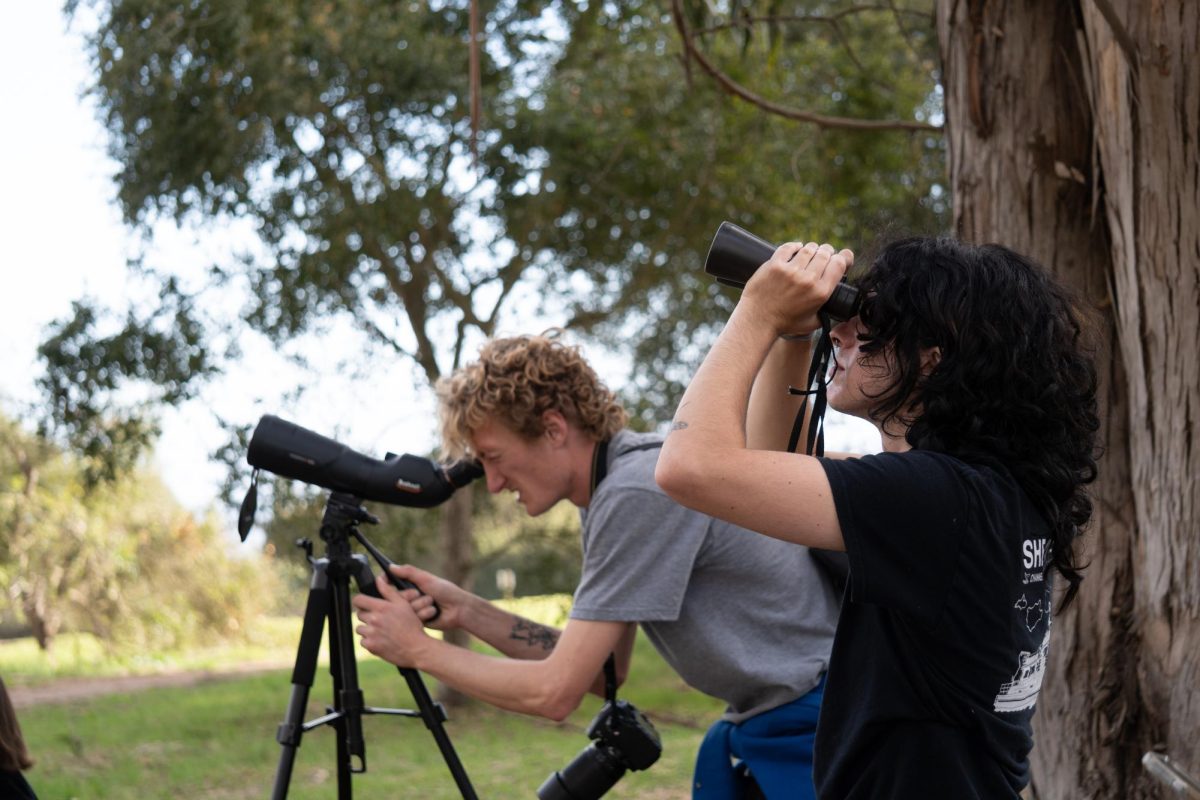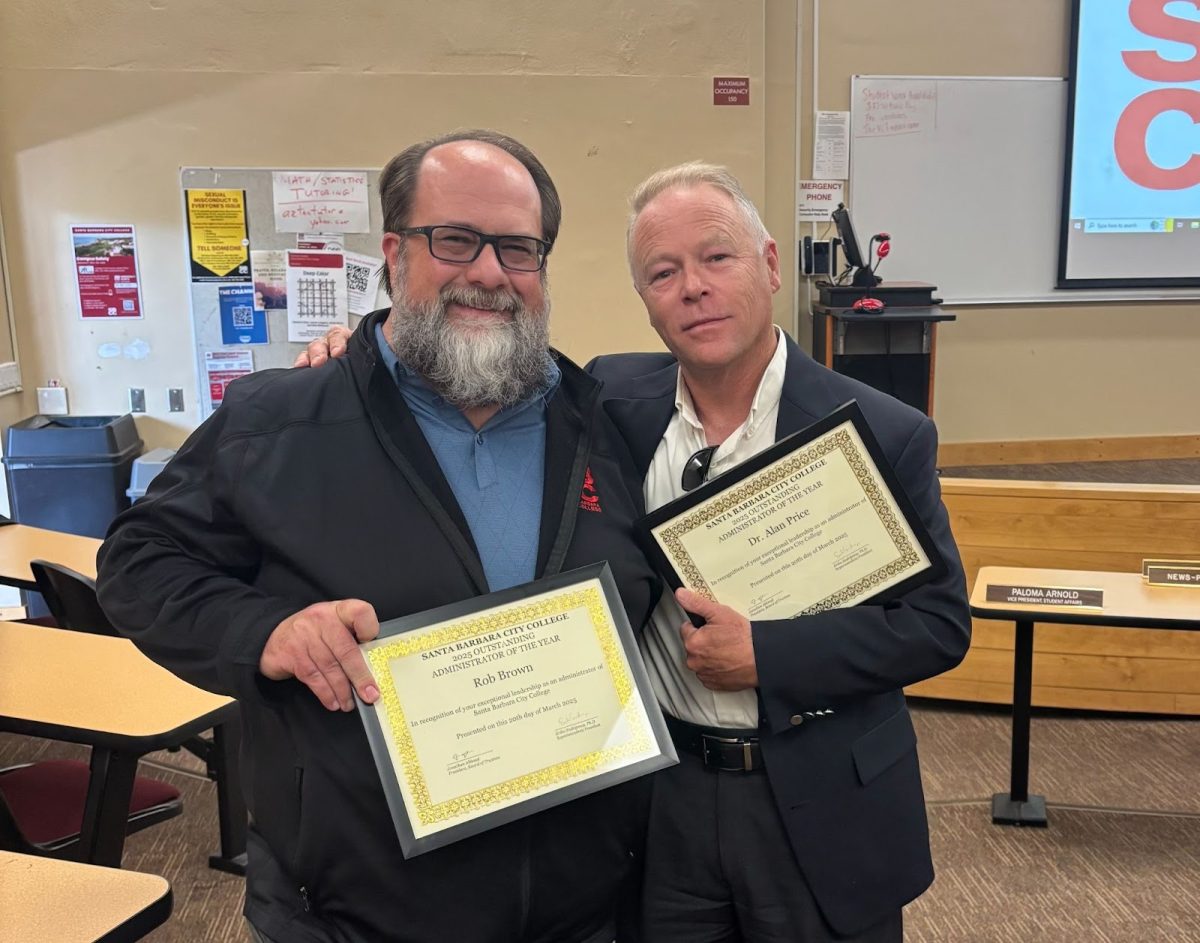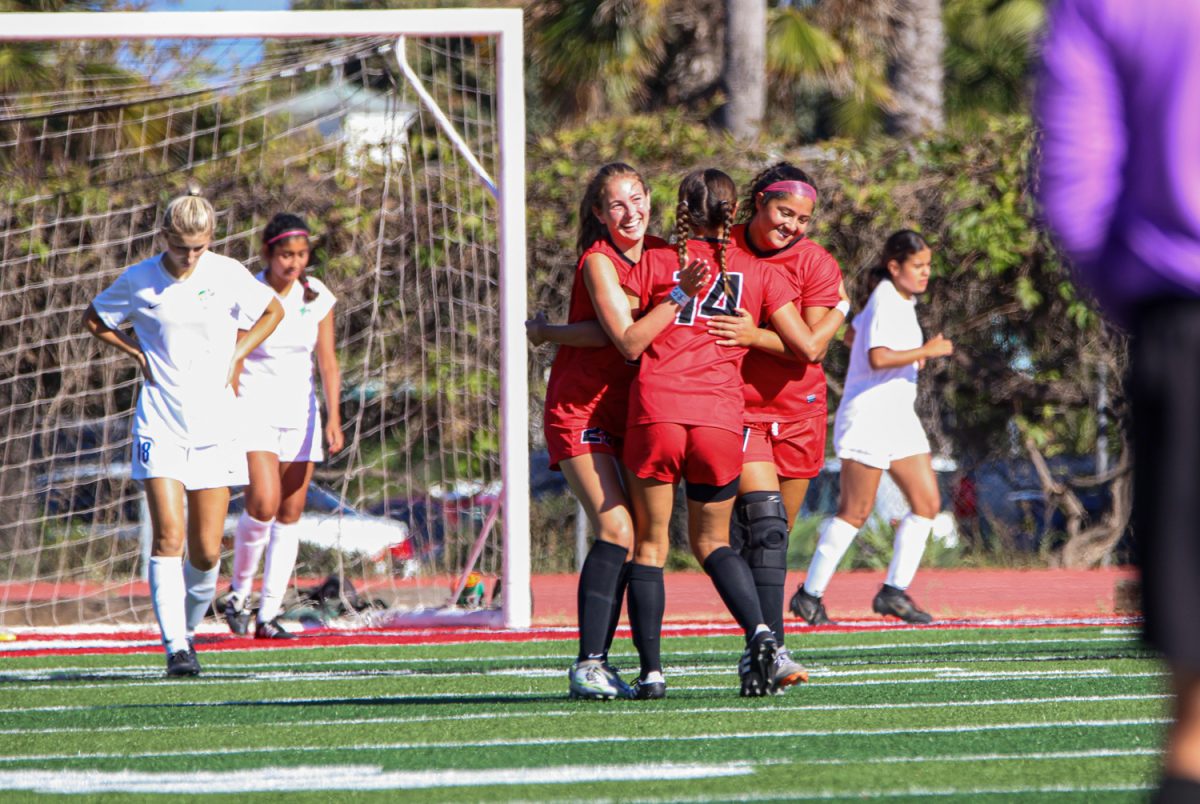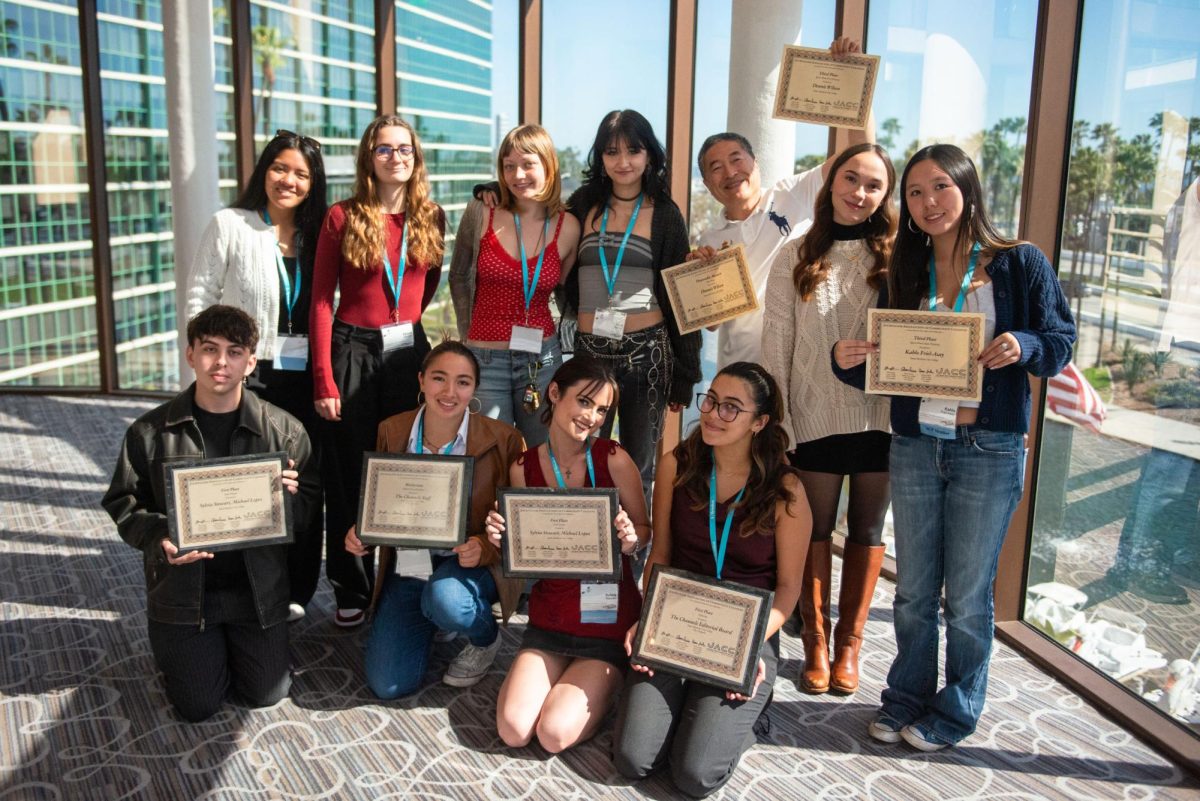A priest, an actor, and a philosopher walk into a bar. Wait, I started the joke all wrong. The priest, the actor, and the philosopher are all one person, and that person walks into a college classroom instead. His name is Mark McIntire.
Mark McIntire has been teaching philosophy at City College for over 20 years, a span during which he’s seen five different presidents take office. While times have changed at the school, McIntire has remained steadfast in one thing: his maverick approach to living and teaching.
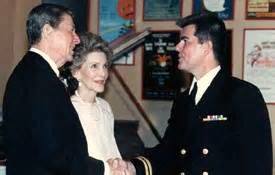
“If it’s popular, I am suspect,” McIntire said, referring to his motto and skeptical life philosophy.
It was in this same spirit that McIntire decided to take on Adam Green, biological sciences professor, in a debate on climate change in Nov. 2016.
“I appreciate that he is very willing to get up and do these things, you know, debate climate change,” Green said. According to Green, no other faculty member was interested in opposing climate change in the debate.
“Mark did it because the students wanted him to do it. So I’m glad that he is willing to go up on stage and put himself out there and say okay, I’ll play the other guy.”
Green also had his reservations about McIntire’s unconventional approach.
“The other side of it is I think it becomes very difficult for people to differentiate what he actually thinks and believes versus what he’s currently saying.
“There is a place for people in higher education to do that, but sometimes he might cross a line that makes it very hard for his colleagues to get behind what he’s doing.”
McIntire grew up in Salem, Massachusetts and attended private Catholic schools all through his childhood, where he studied Latin (starting in first grade) and explored his talent for stage-acting.
“I was a shameless performer,” McIntire said. “I loved to make people laugh. That’s my favorite thing to do. It seems to unburden the unburdenable burden of being.”
By 16, McIntire had accrued years of theater experience, but decided to become a priest after finishing high school.
Studying canon law at The Gregorian Pontifical University, McIntire would study the source of papal and bishop authority. This culminated in him writing his thesis, all in Latin, titled Contra Pontifices Romanum et Episcopi—Against the Roman Pope and Bishops. His thesis advocated nothing less than the full dismantling of the papacy and bishopric.
Hoping to get it published, McIntire sent it off to be approved by the Vatican.
The Vatican rejected it.
“That’s when I realized this is about as far as I could go,” McIntire said, “when I decided that the priesthood wasn’t for me.”
After a few years teaching philosophy at Westfield State College, during the height of the Vietnam War protests on college campuses across America, McIntire spotted a problem on his own campus.
“He was a dictator,” McIntire said, describing Leonard J. Savignano, the President of Westfield State College at the time.
“He ran the place like it was his own private little dukedom. So I decided he had to go, that I had to get rid of him.”
One campus-wide lobby, an 82-day hunger strike and a march on Boston later, and the President of Westfield State College was ousted. McIntire then had a choice to become tenured or leave the college to pursue his old dream of acting. He chose the latter.
As an actor in Los Angeles, McIntire ran into Charlton Heston and joined the Screen Actors Guild (SAG). Almost ten years after his protest at Westfield, McIntire led the opposition against the SAG president at the time, Ed Asner.
It took a year and a half and two elections, both organized by McIntire, before there were a total of 23 elected members of the board who opposed Asner. Asner decided he wouldn’t run for re-election. McIntire had succeeded in toppling another authority.
It was at around the same time that the glamor of Hollywood began to wear off in McIntire’s mind. He felt it was time to move on.
“Acting fulfilled a dimension of me, but it didn’t have the academic and the scholarly fulfilment that I craved,” McIntire said.
“I’ve got many dimensions. I couldn’t be just an accountant for instance, or just a car salesman, or just an insurance broker. I have to do many things at the same time, or else I can’t get anything done. It’s just the way I’m built.”
After wrapping up his acting in Los Angeles, McIntire moved to Santa Barbara. Former philosophy chair, Joe White, hired McIntire in 1995 to teach Critical Thinking, Writing and Philosophy at City College.
Though decades have passed, McIntire still carries forward his firmly-entrenched spirit of dissension at the school.
“The College has changed dramatically,” McIntire said. “When I first started 22 years ago, there was a greater degree of opposing views expressed both in and out of the classroom.”
Today, McIntire is teaching online classes. He is also the moderator of the SBCC Faculty Colloquium and faculty advisor to The Open Mind Project.
“My students try to figure me out,” he said. “They try to guess what my political views are, what my religious views are, and they try to write their papers and essays to try and please me.”
With little regard to the flak he gets, McIntire stands by his contrarian approach. He says it is the best way to get people to see new perspectives, and it is the key to his personal pedagogy.
“I see myself as nurturing my students to learn how to learn on their own, without me,” he said.
McIntire’s goal is to get students to be self-sufficient thinkers by the time they finish his critical thinking and writing class.
“If you still need me to formulate a thesis and defend it vigorously, and to consider the opposing points of view and to be able to refute yourself— if you still need me to do all that, I’m a big failure.”


